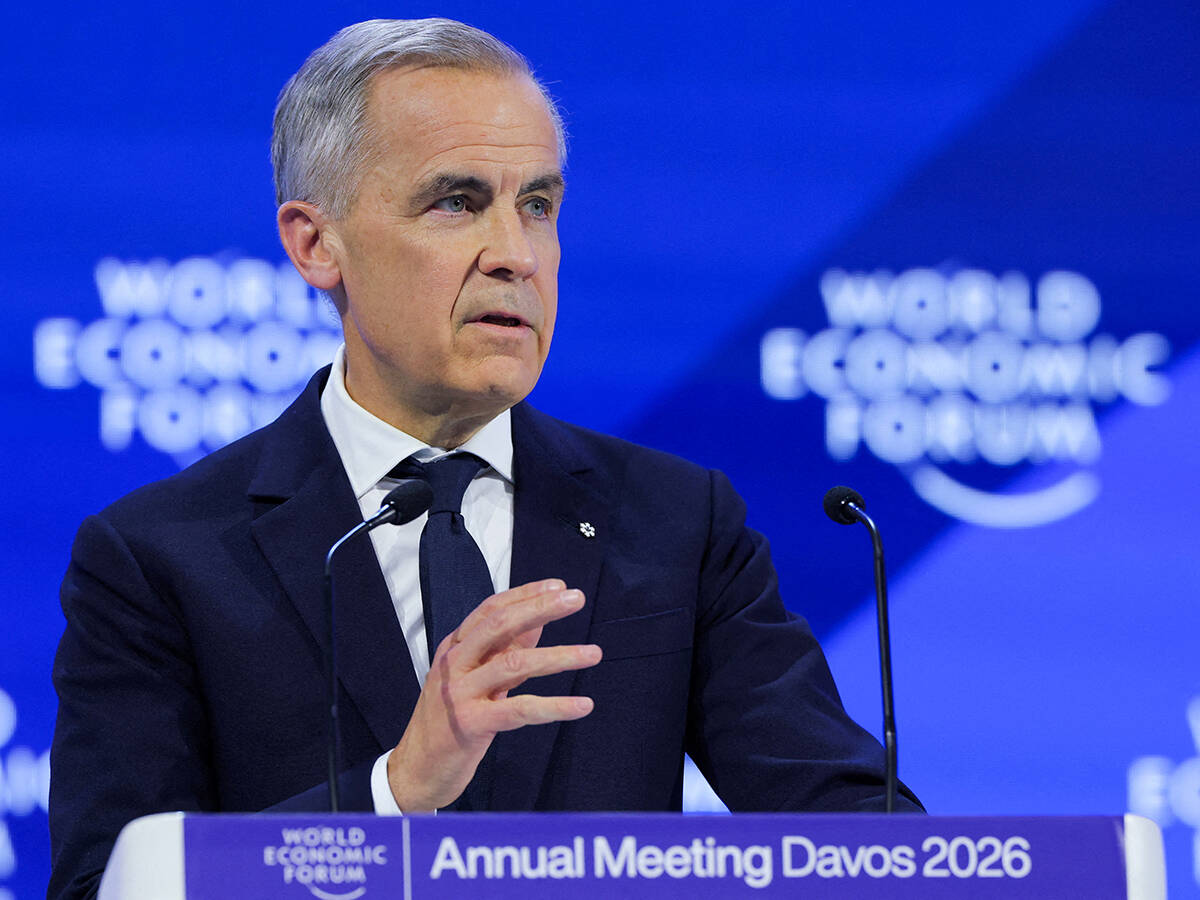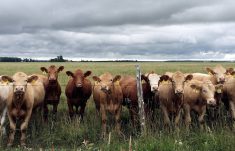Over the years people have done some pretty goofy things to make money.
Probably the best example is Gary Dahl, the inventor of the hare-brained scheme that was the pet rock.
The story goes he was sitting in a bar in Los Angeles with friends in the early 1970s, listening to them complain about their pets. He joked that he had the perfect pet, a rock. Inspired, the former copywriter went home, fired up the typewriter, authored a pun-filled owner’s handbook and not long after started successfully selling palm-sized rocks, with glued-on googly eyes, to the public.
Read Also

Canadian agriculture has to back up diverse trade if it wants it
Cheap and easy access to U.S. trade is a relic of the past and market diversification is expensive: What’s Canadian agriculture to do?
The product tickled the fancy of enough people that, for a six-month period in 1975 it was a genuine fad, and enough of them sold to make Dahl an overnight millionaire.
The product is clearly ridiculous, and has no redeeming value other than the amusement of the person who purchased it. Regardless, it’s now just a tale told to illustrate a point about clever marketing, rather than a source of social outrage.
Many farmers and academics consider the gluten-free trend goofy too. But there’s something about food that’s far more intimate than other goods and people are passionate about what they believe. There aren’t a lot of other products that people buy to put into their own bodies. Doing that requires a lot of trust. That trust can be altered by information and misinformation, and no company or individual has ever had much luck trying to jump in front of one of those trains.
A 2013 survey of 2,000 U.S. consumers indicated that 28 per cent of Americans were actively reducing their consumption of bread and other baked goods to avoid wheat gluten. The same study estimated the global gluten-free market at US$4.2 billion.
In Britain, it’s been reported by trade magazine The Grocer that bread sales declined by 8.9 per cent and pasta sales shrank by 4.2 per cent in 2014. That translates into 50 million fewer loaves and a total sales decline of $138.3 million.
By any measure, those numbers aren’t goofy, they’re real, and large enough that they can’t be ignored by companies in the food business. They operate low-margin businesses in a fiercely competitive landscape. The potential loss of nearly nine per cent of a market in a single year would result in the equivalent red lights switching on and a siren sounding all hands on deck, like in a sinking submarine.
There’s an earnest film called “Food Inc.” every commercial farmer in the world should watch, not because the film is right, but because it’s very revealing. One example is when a couple of senior Wal-Mart executives visited an organic farm while the cameras rolled. Just a few months earlier that retailer had, by dint of its size and reach, become the largest organic seller in the world just by starting to stock a few SKUs.
One of the film’s producers was probing the Wal-Mart people about that choice and asked, “Was it a difficult decision to make?” A flash of what looks like confusion crossed the Wal-Mart executive’s face as he seemed to be trying to determine whether or not it was a trick question, before plunging in with a straight answer, explaining it wasn’t really a decision so much as reaction to market demand.
That, in a nutshell, sums up the role of these companies in the food system. They’re not arbiters of right and wrong, they’re businesses out to turn a buck, and they’ll sell whatever those consumers want. It’s all about keeping sales numbers up and profits flowing. Morality, or even accuracy, rarely enters into it.
I suspect that’s the motivation behind Cargill’s recent work with the NonGMO Project which has outraged the ag sector in Western Canada — or at least the portion of it that uses Twitter.
Cargill has over the past few days featured prominently in that realm following its own tweet about working with the for-profit certification company.
To hear the ‘agvocates’ tell the tale, the company is on par with Benedict Arnold or Vidkun Quisling, turncoats and collaborators both. The response has been swift and sharp. Cargill has been accused of throwing farmers and science “under the bus.” Others have said the company is now “supporting fearmongering.” Another told Cargill that “tens of thousands of farmers” were now wondering what in the world the company was thinking.
It was probably very satisfying for these folks to vent. Their frustration is understandable. But in many ways it’s also ineffectual and counterproductive.
Does it matter what tens of thousands think, when millions are voting with their pocketbooks? As long as our economies remain bastions of free enterprise and capitalism, people are always going to have that right, and companies will spring up to cater them.
Unless you’re Superman, the train is going to win.

















